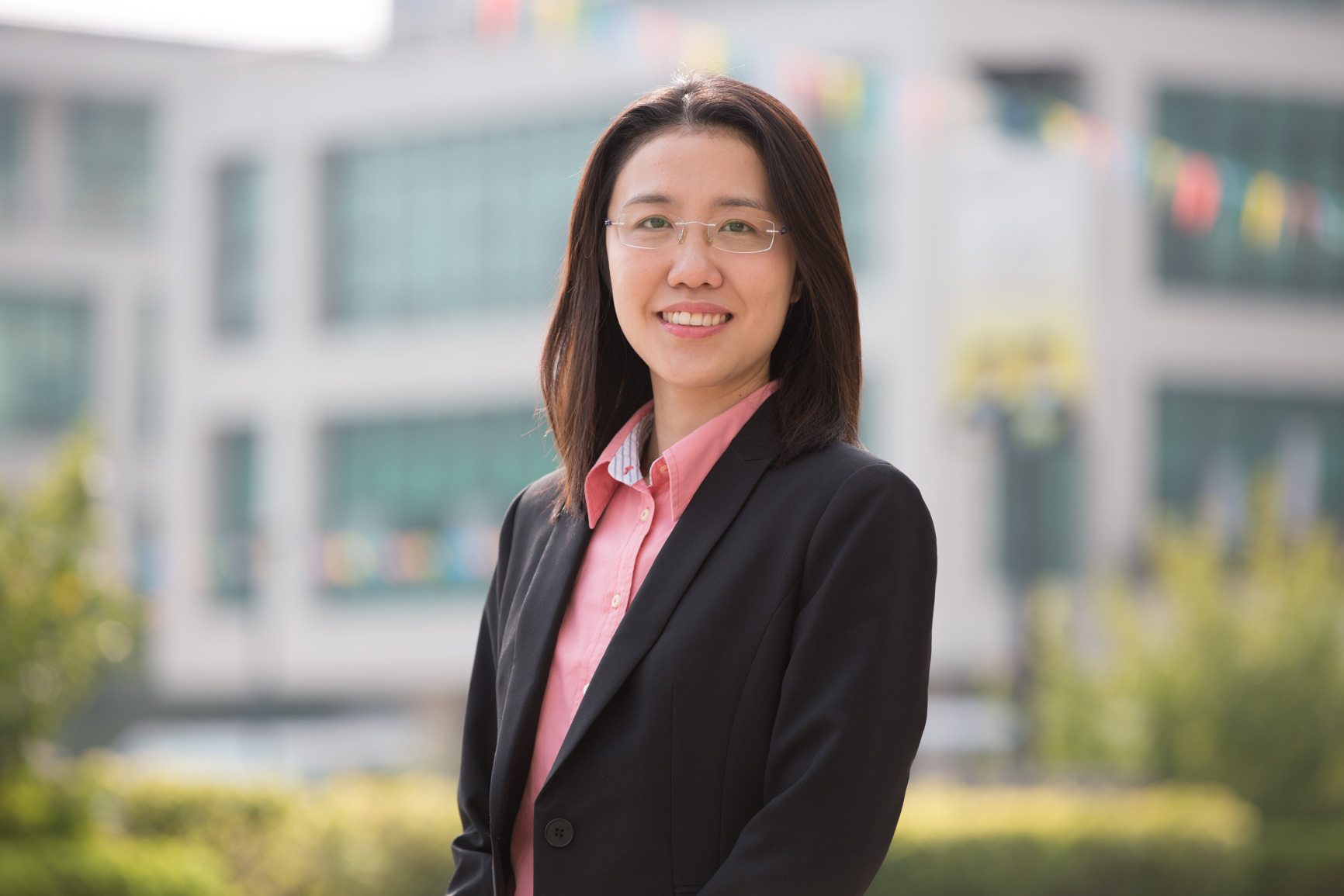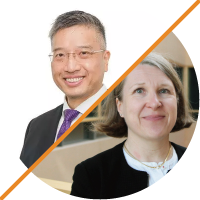June 1 - Teachers and Educators
Enhancing Teacher-Child Interactions at Large Scale
Research demonstrates that daily interactions among teachers and children support positive development and learning and that too few children have access to effective interactions during the early childhood years. In this presentation, Dr. Hamre will discuss the ways in which these research findings have driven changes in policy and practice that are transforming the experiences of hundreds of thousands of children. She will highlight the ways in which collaborations among researchers, policymakers and practitioners are providing new insights into how to enhance the daily experiences of children and discuss some of barriers we must work to address for these collaborations to be most impactful.
Teachers and educators in the centre: Nurturing, supporting and sustaining a professional early childhood education workforce
It is widely agreed that teachers’ and educators’ responsive relationships and positive and meaningful interactions with young children are the most potent determinants of quality and child outcomes in early childhood education and care (ECEC). This is undeniably complex professional work that requires specialist knowledge and skills, a shared vision, and a supportive work ecosystem. Reflecting on current workforce development strategies and challenges in Australia, this keynote positions teachers and educators at the centre of the ecosystem, to identify factors and strategies that nurture, support and sustain a professional ECEC workforce. The keynote will address the professional nature of the work, the role of national ECEC policy and curriculum, leading positive and supportive ECEC workplaces, and need for a shared commitment to continuous quality improvement.
Supporting Teacher Leadership and Growth
Supporting teacher leadership and growth is vital as it empowers teachers to take ownership of their professional development, enhances instructional practices, and cultivates a positive and collaborative school culture, ultimately benefiting student achievement. This keynote speech will explore the significance and benefits of teacher leadership, the essential characteristics and roles of effective teacher leaders, models of teacher leadership commonly found in the education field, and practical strategies for developing teacher leaders. The speech will also shed light on the transformative potential of teacher leadership and its positive impact on the entire educational community. Participants will gain valuable insights into fostering teacher leadership and promoting growth within educational institutions, providing an opportunity to enhance their understanding and contribute to the advancement of teacher leadership practices in kindergartens.

Keynote Abstracts
June 2 - Parents and Families
Parental Socialization of Prosocial Behaviors: A Case Study of U.S. Latine Families
Traditional theories of how parents raise children to be moral affirm the importance of caregivers, sociocognitive, and socioemotive influences. However, there is growing evidence on the limitations of such approaches in understanding moral development in children from diverse ethnic and racial backgrounds. Moreover, the focus on parenting styles (support and control) and disciplining practices also has conceptual and applied limitations. Based on ecocultural strength-based theory and building upon cultural-centric approaches, I will demonstrate the importance of culture-related parenting and individual difference mechanisms in significantly advancing our understanding of moral development among ethnically and racially diverse populations. I briefly highlight empirical evidence based on our work with U.S. Latine families that supports a culturally-enriched approach and posit a model that integrates a theoretical approach with prior theoretical approaches. An ecocultural strength-based and holistic parental socialization theory is necessary to better understand the multiple influences on children’s prosocial and moral development.
Being Well Cared for and Growing up Slowly: Parenting Slows Human Life History
For most animals, extrinsic mortality risks drive a fast life history (LH) strategy in which animals disregard mortality risks and accelerate reproduction. Instead of perpetuating mortality driving fast LH, humans have reduced almost all of the extrinsic risks in living environments, resulting in a significant slowdown of LH. Additionally, humans exhibit the longest and parentally most invested childhood period that completes three fourths of the brain development postnatally. By connecting these seemingly disparate events, I develop the hypothesis that parenting readjusts the species-general contingency between environmental adversities and LH strategies, providing an additional pathway to the slowing of human LH. In this talk, I present empirical works that bear on this human-specific parenting hypothesis after an exposition of LH theory and its species-general framework.
June 3 - Young Children
Making schools work: More than a pipe dream?
The short answer is YES! If we teach in the way that human brains learn, both students and their teachers will thrive. This talk presents evidence from the learning sciences on how and what students need to learn to be successful in the 21st century classroom and in life. It indicates how a change in educational mindset (rather than in curriculum) can improve student outcomes on both standardized tests and a breadth of 21st century skills. As an antidote to AI, it takes into consideration community values, the HOW of learning, and the WHAT of learning in the form of the 6Cs. This new approach results in a way to reimagine an optimal educational system. Making Schools Work – the book that describes this approach – is the product of learning scientists, teachers, and administrators. Improving schools need not be a pipe dream.
Helping children with math learning difficulties: Back to the drawing board
In the past few decades, much of the psychological research on children with math learning difficulties has focused on identifying the cognitive underpinnings of such difficulties. Working memory capacity was identified as one of the core correlates, but intervention based on increasing its capacity has not been efficacious in improving children’s math performance. Drawing on works conducted by colleagues at the Education University of Hong Kong and elsewhere, we will discuss recent efforts to move beyond interventions that depend on computerisation and gamification of working memory assessment tasks. These efforts include those focusing on approaches from the learning sciences, play, and learning-related behaviour, as well as those focusing on improving children’s basic early numeracy skills. In this shared keynote, we will present results from various countries, using intervention and longitudinal research designs.









